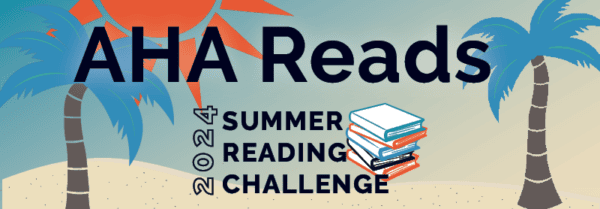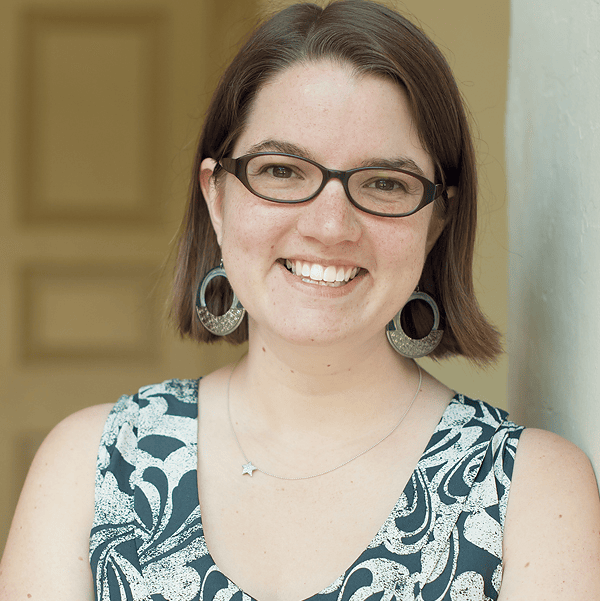As summer comes to a close, the third and final month of the AHA Summer Reading Challenge ends with it. We asked AHA members, Council, and staff to share with us what history they read in August to finish #AHAReads, and we’ve compiled some of their responses.

AHA Reads
Read a history by a scholar whose day job is outside academia.
Laura Ansley (AHA senior managing editor) read The Abortionist of Howard Street: Medicine and Crime in Nineteenth-Century New York by R. E. Fulton, which delves deep into a 1872 murder trial in Utica.
Debbie Ann Doyle (AHA director of meetings) read David Grann’s Killers of the Flower Moon: The Osage Murders and the Birth of the FBI alongside her son, who was assigned the book as summer reading for 10th grade English class. She enjoyed the opportunity to discuss with him how Grann constructed a historical narrative.
Read a co-authored history.
Michael Ralston (Washington, DC) read Invented Traditions in North and South Korea, edited by Andrew David Jackson, Codruța Sîntionean, Remco Breuker, and CedarBough Saeji.
Read a history of Indigenous people.
Michael Nowak (George Washington’s Mount Vernon) read an adapted excerpt of Colin G. Calloway’s The Indian World of George Washington: The First President, the First Americans, and the Birth of the Nation, which he saw in last month’s AHA Reads roundup!
Read a piece of historical fiction set in the time or place you study.
Louise Kowitch (retired, Farmington High School) finished Amitav Ghosh’s Ibis trilogy. If she were still teaching, she “would assign one or more of these books to students to get a feel for the temper of the times and to pose questions about commerce, ethics, and cultural diffusion” during the 19th-century Opium Wars.
Alexandra Levy (AHA communications director) found Essex Dogs and Wolves of Winter by Dan Jones to be gripping reads, and she looks forward to the release of the last book in this trilogy.
Katie Singer (Arizona State Univ., Fashion Institute of Design) read Colson Whitehead’s The Underground Railroad, which she described as having “supreme” writing, “so finely wrought that I was often speaking to the characters as I read.”
Learn from a historian presenting their scholarship in an amicus brief, digital collection, exhibition, podcast, video, or another format outside traditional academic publishing.
Patricia Appelbaum has been enjoying the BBC podcast You’re Dead to Me, which combines history and comedy.
Debbie Ann Doyle listened to “Touch Me! I’m Yours!” an episode of Sexing History that examined marriage manuals published by American evangelical women in the 1970s.
Michael Ralston completed a second task, listening to Kyung Moon Hwang discuss his book, Origins of Korean Modernization, on the Korea and the World podcast.
Rebecca L. West (AHA marketing and operations associate) visited the Bainbridge History Museum on Bainbridge Island, Washington, and especially enjoyed the exhibit A Bite Out of History.
Thank you to everyone who participated in #AHAReads. We hope you’ll fill out our brief survey. Your responses will help us improve future AHA reading challenges. And be sure to download the #AHAReads bookmark, which we offer as a small token of our appreciation for the time you spent with us this summer.
This work is licensed under a Creative Commons Attribution-NonCommercial-NoDerivatives 4.0 International License. Attribution must provide author name, article title, Perspectives on History, date of publication, and a link to this page. This license applies only to the article, not to text or images used here by permission.



